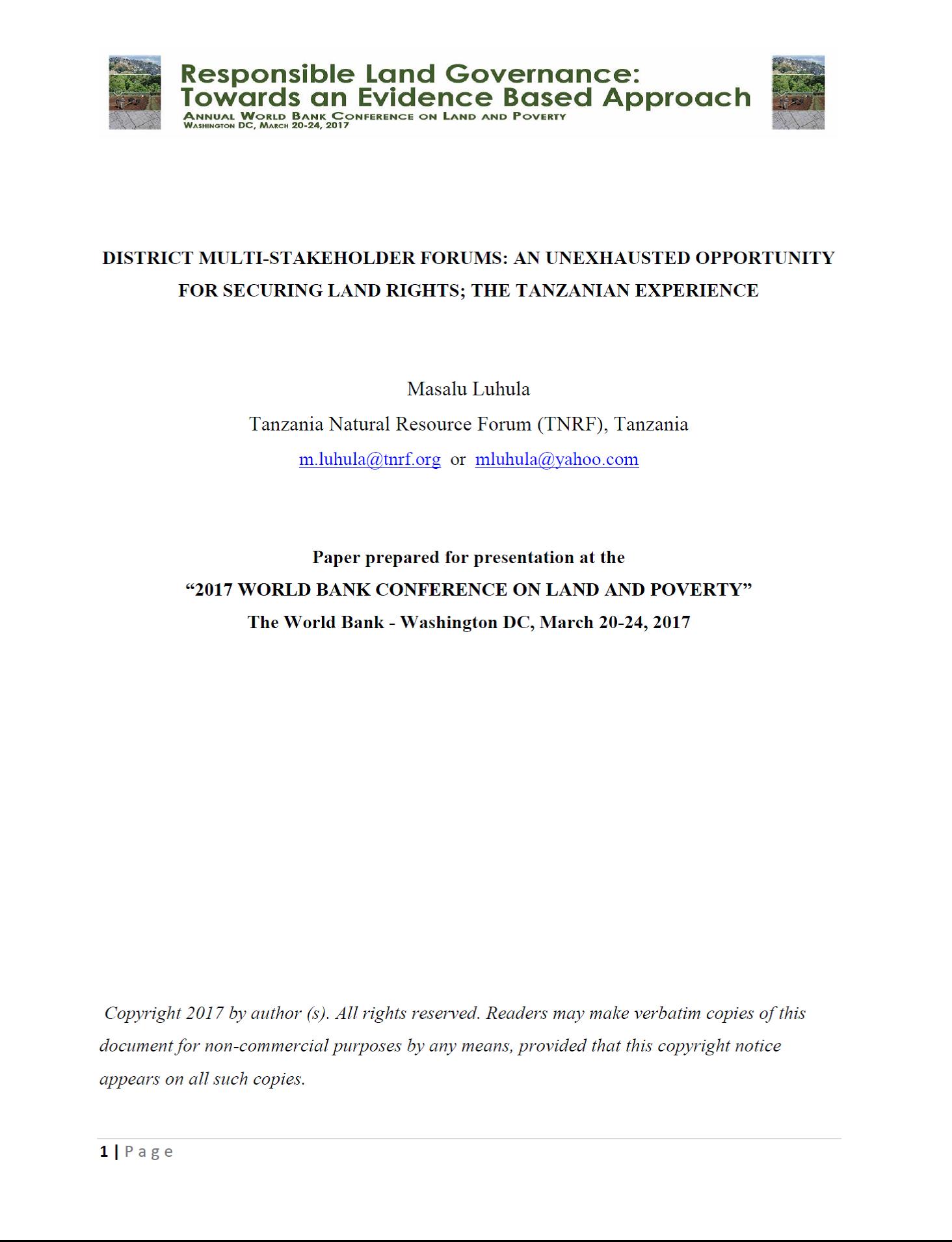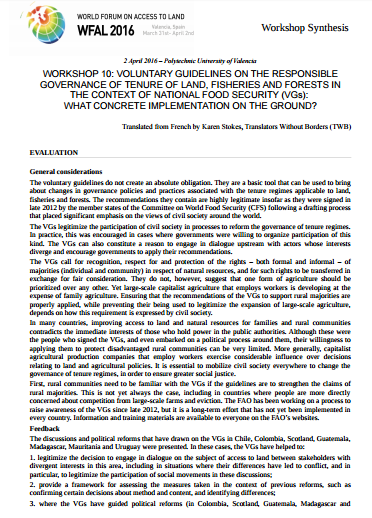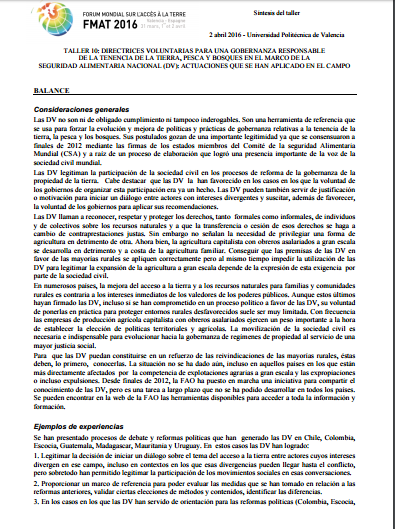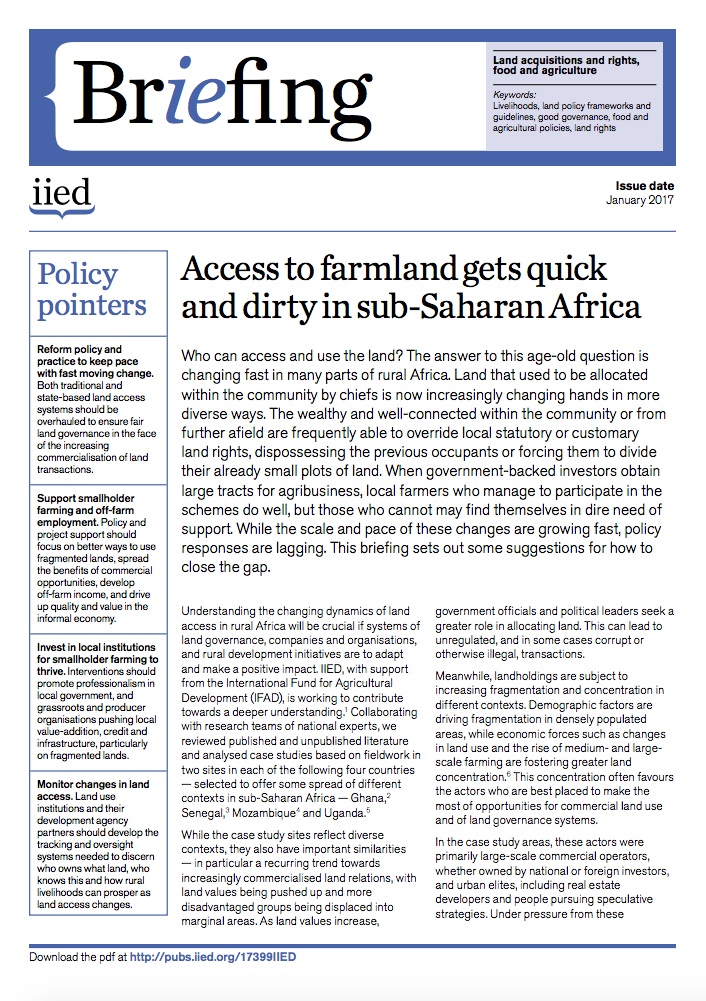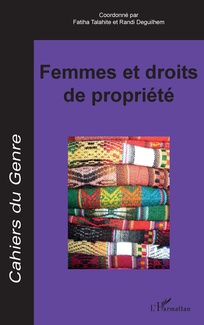USAID Report on Land Tenure & Cocoa Production in Ghana
The Cocoa Research Institute of Ghana (CRIG), with support from the World Cocoa Foundation (WCF) the United States Agency for International Development (USAID), performed the Ghana Land Tenure Baseline Survey, the first of its kind survey of tenure rights among cocoa farmers in Ghana. CRIG surveyed almost 1,800 cocoa farmers operating 3,900 cocoa plots regarding various land tenure issues within customary sharecropping arrangements and on owner-managed land. This report describes the findings from the Survey.


